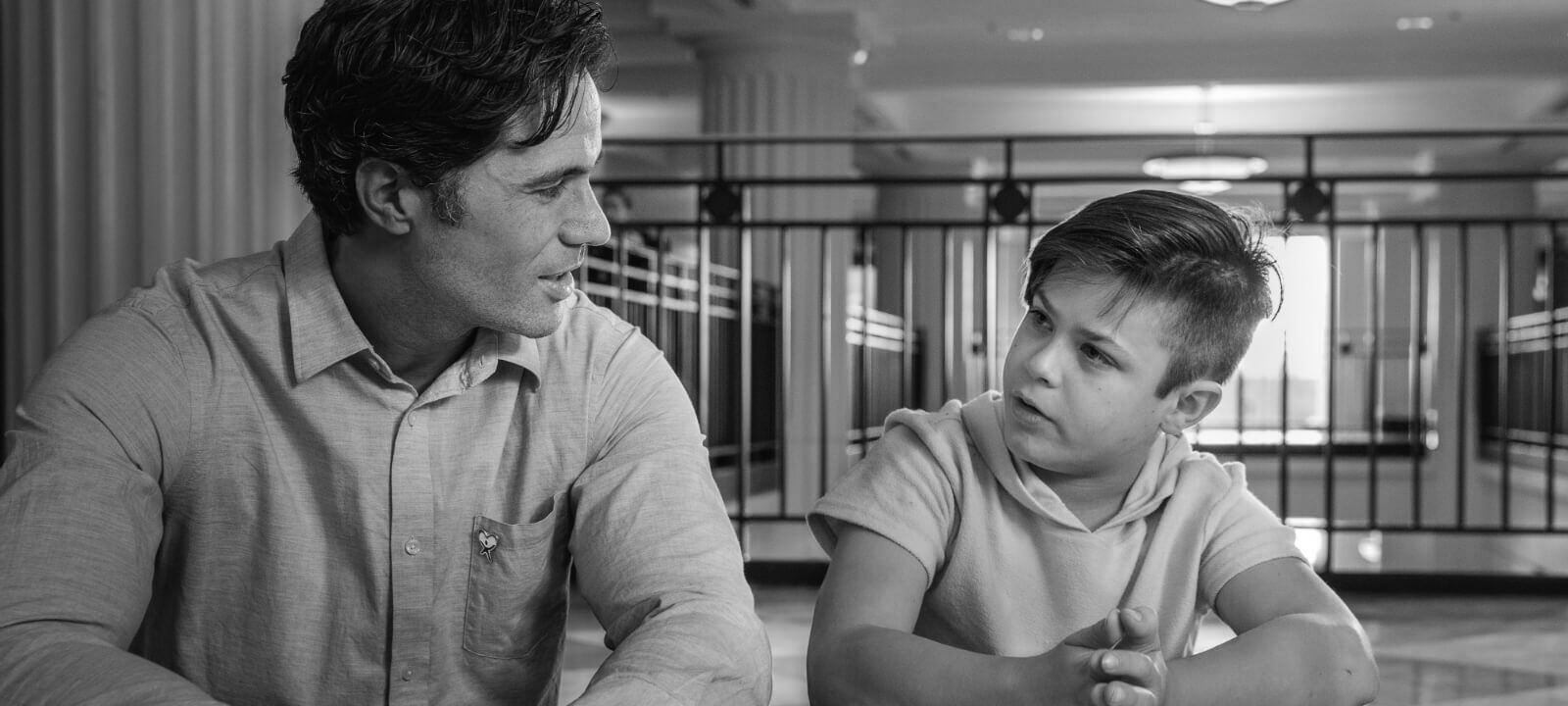
1.) Tell me a little bit about yourself.
My name is Shanon Levin. I came to Berks County from Philadelphia in 2021. I love how peaceful it is out here! I work as an Administrative Judge for the Equal Employment Opportunity Commission where I hear employment discrimination cases brought by federal employees.
2.) What made you decide to reach out and become a CASA?
When I was the managing attorney for Disability Rights Pennsylvania, I encountered CASAs working with dependent kids with disabilities who needed services and was very impressed with their advocacy! I wanted to get involved in my new Berks County community and thought this would be a great way to do it.
3.) Did you find that the CASA classes were enough to get you started with your first case? Did you feel supported?
Nothing can prepare you for being a CASA except doing it! I definitely feel supported by CASA staff, who always have ideas and suggestions.
4.) How nervous were you to meet the child involved in your first case? Does it get easier?
I wasn’t nervous. I did think about whether the child, who was a tween in placement, would be open to speaking to me since I was yet another stranger intruding into her life.
5.) How long have you been a CASA and how many cases have you had?
This is my first case.
6.) How do you work being a CASA volunteer into your busy life?
This is one of the hardest things about being a CASA. It’s hard to balance a full-time job along with family and social time. I try to schedule CASA activities on my days off.
7.) With all the different people involved in a child’s case: family, foster family, school, doctor, caseworkers etc. How do you stay organized?
To do lists!
8.). Is there an experience or has a child, in one of your cases, ever said something or done something to make you feel this is why I became a CASA volunteer?
The child asked me to call her regularly.
9.) We all know that being a CASA is not all butterflies and roses so what would you say is the hardest thing about being CASA is and what keeps you coming back?
The hardest thing about being a CASA is not being able to solve the problems that exist for the child. What keeps me coming back in the ability to advocate for the things the child needs to thrive.


